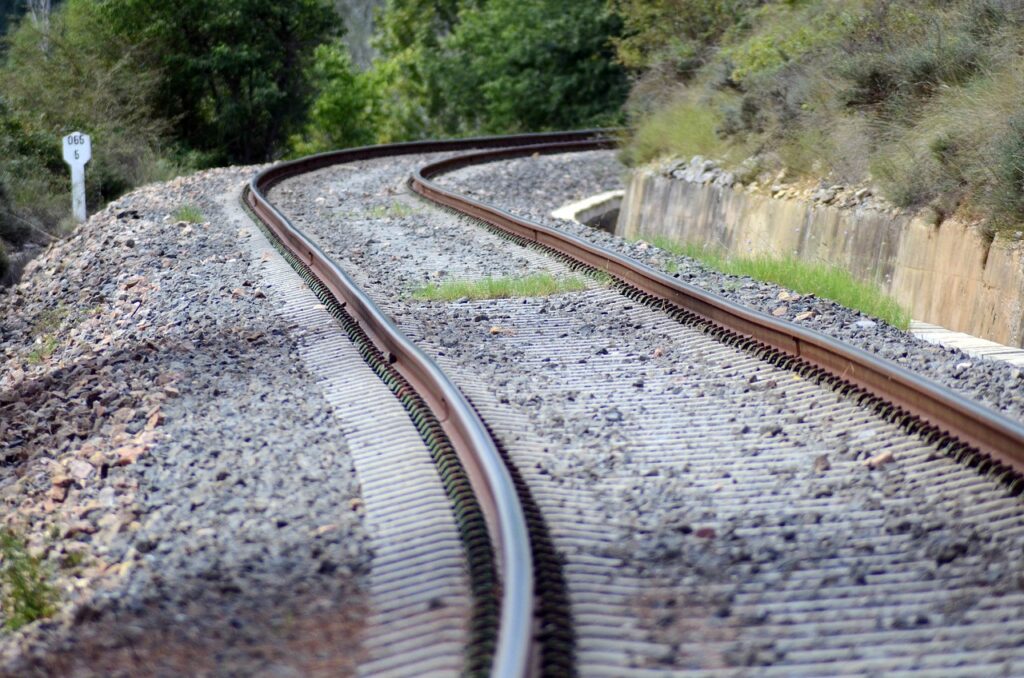Lhyfe, a pioneer in green hydrogen production, has established a production plant for Deutsche Bahn in Tübingen, marking a step in the integration of hydrogen into the rail transport sector.
The Tübingen plant, with an electrolysis capacity of 1 MW, aims to produce up to 30 tons of green hydrogen annually using Deutsche Bahn’s green electricity. This project is part of DB Energie’s “H2goesRail” initiative, which will see a hydrogen-powered train operate on a test route in Baden-Württemberg. Lhyfe’s involvement underscores the growing interest in hydrogen as a sustainable energy source for transportation.
While Lhyfe’s 1 MW plant is a commendable initiative, it is essential to compare it against industry standards and other projects. For instance, Air Liquide and Siemens Energy have announced larger projects, such as a 30 MW electrolyzer in Oberhausen, Germany. Lhyfe’s efforts are significant, but scaling up to meet industry giants will be a critical challenge.
Luc Graré, Head of Central and Eastern Europe at Lhyfe, emphasizes the economic viability of hydrogen solutions in the transport sector. Hydrogen-powered trains offer a clean and efficient alternative to diesel trains, aligning with global decarbonization goals. However, the economic feasibility of large-scale hydrogen adoption depends on reducing production costs and improving efficiency. Lhyfe’s Tübingen plant will serve as a testing ground for these economic and technical aspects.
The Tübingen project is Lhyfe’s first plant in Germany, with another 10 MW plant under construction in Schwäbisch Gmünd. This expansion highlights Lhyfe’s ambition to become a major player in the hydrogen sector across Europe. The company aims to deliver green hydrogen in bulk to customers in France and Germany by 2025. Despite these promising developments, the real test will be Lhyfe’s ability to scale operations while maintaining cost-efficiency and technological innovation.





